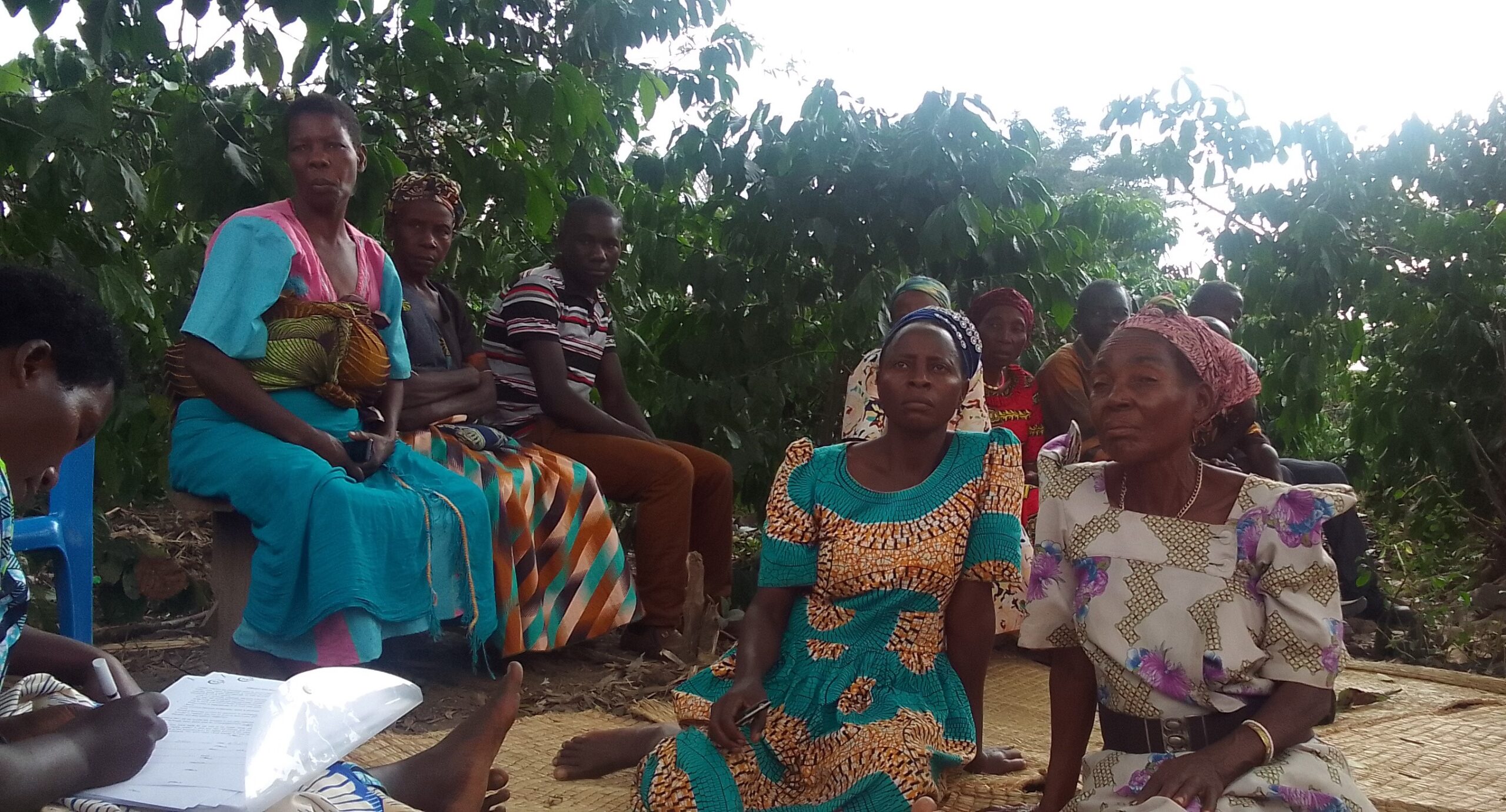BY MOUREEN BIIRA
In various regions surrounding Uganda’s National Game Reserves, the collective voices of women are breathing new life into the country’s burgeoning Tourism Sector. Their narratives reflect a pivotal shift, as they play a vital role in dissuading their husbands from engaging in illegal wildlife trade that has long hindered the growth of the tourism industry.
The issue of poaching remains a formidable obstacle to Uganda’s conservation efforts. According to data released by the Uganda Wildlife Authority (UWA), cases of poaching reported during the 2020 lockdown saw a stark increase, more than doubling from 162 cases in 2019 to 367 cases.
Mr. John Makombo, Director for Conservation at the Uganda Wildlife Authority, attributes this surge in poaching to both the Covid-19 lockdown and the insufficient human resources available to cover the expansive conservation areas.
The Tourism Sector has historically been a substantial contributor to Uganda’s economy. In the 2018/2019 Financial Year, the country reaped approximately US $1.6 billion in foreign exchange earnings from this sector. However, the aftermath of the Covid-19 pandemic took a toll on tourist arrivals. Ministry of Tourism, Wildlife, and Antiquities data from 2021 reveals a staggering decline from about 1.5 million visitors in the pre-Covid era to 473,085 visitors post-Covid—a stark 47.8 percent reduction.
Uganda Wildlife Authority has adopted robust measures to address the conservation challenge. These efforts include the incorporation of community wildlife scouts, with a notable portion being reformed poachers who now work alongside rangers.
While male scouts are predominant in various Wildlife Conservation Areas, a remarkable transformation has occurred in Apala B Bombay villages, Juma Parish in Kamdini sub-county. Here, 12 women are actively engaged in the fight against wildlife crimes.
Several women interviewed for this report shared their stories of making the crucial decision to redirect their focus from caring for children to actively combatting wildlife crimes. Even those who did not directly join this cause managed to persuade their husbands, friends, and relatives to abandon illegal wildlife trade.
Christopher Masaba, Senior Warden at Queen Elizabeth National Park, emphasized the pervasive challenge of poaching and illegal activities across all reserves due to rampant poverty and illiteracy within local communities. He revealed a staggering annual count of 1,605 reported cases, indicating a distressing 22 percent rise. This equates to an alarming average of four cases recorded daily.
Mr. Selevest Masereka, Assistant Warden responsible for Problem Animal Control at Queen Elizabeth National Park, urged reformed poachers turned scouts to actively engage in mitigating human-wildlife conflicts.
Their responsibilities include shielding communities from wildlife attacks, preventing crop damage, averting property destruction, and curbing livestock predation by employing a mix of traditional and modern approaches. He further encouraged these scouts to consistently raise awareness about the importance of promoting economically viable alternative livelihoods within their communities.
Janat Namusoke, a Community Conservation Ranger based at Ishasha sector Bukonue Camp in Kanungu district, highlighted the contributions of eight women who played a pivotal role in persuading their husbands to forsake poaching and refrain from encroaching upon the park’s boundaries.
In the face of formidable challenges, these women are emerging as unsung heroes in Uganda’s journey toward sustainable conservation and the revival of its vital Tourism Sector.

